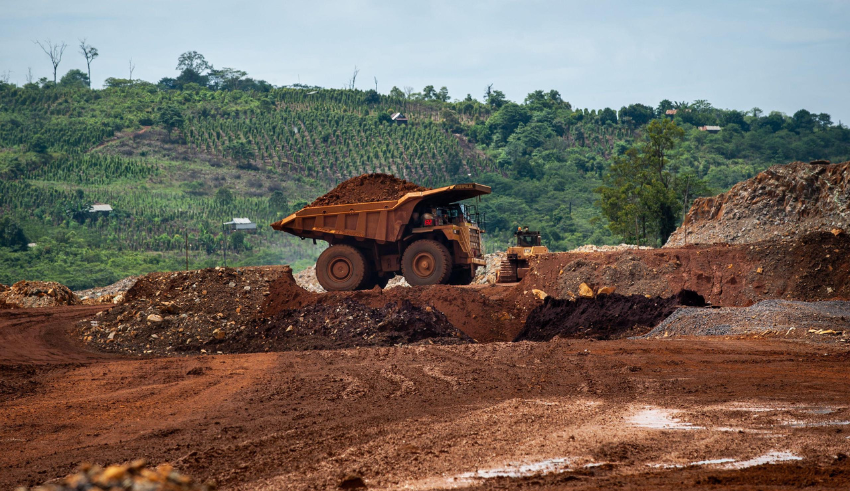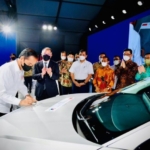
As the global demand for electric vehicles gains momentum, countries across the world are scrambling to secure the vital component that powers these green machines – nickel. Among the nations thrust into the spotlight is Indonesia, owing to its vast nickel reserves.
But the rapid increase in nickel mining activities has created daunting environmental concerns and poses a threat to the indigenous communities of the archipelago. Indonesia, home to rich biodiversity and diverse ecosystems, has found itself at the forefront of the global nickel market. The Southeast Asian country, accounts for about 22 percent of the world’s known nickel reserves.
Nickel is one of the major drivers of Indonesia’s economic development. As such, the Indonesian government is keen on adding value to the resource rather than just selling it as a raw material. It stopped exporting raw nickel in 2019, to evolve into a power in nickel extraction and refining. The metal’s crucial role in EV batteries has prompted mining companies and investors to flock to the country, eager to capitalize on its vast nickel deposits, such as Harita Nickel and Merdeka Battery Materials attracting investors.
Indonesia is leveraging its nickel reserves to become a regional manufacturing hub for EV batteries. The Indonesian government has signed more than a dozen deals worth $15 Billion with global manufacturers, including Hyundai, LG, and Foxconn, among others, in just three years.
Environment and Indigenous Community
Environmental experts and activists have expressed growing concerns about the devastating consequences of unregulated nickel mining in Indonesia. Deforestation, soil erosion, and water pollution are just a few of the pressing environmental issues associated with the industry. The extraction process, which often involves open-pit mining and the use of hazardous chemicals, poses a significant threat to delicate ecosystems, including rainforests and rivers.
The impact on indigenous communities cannot be overlooked. Many of these communities have a deep-rooted connection to the land and rely on natural resources for their livelihoods. The encroachment of mining operations onto their ancestral territories has not only disrupted their way of life, but also exposed them to health hazards and social disintegration. Indigenous leaders and activists have been raising their voices, calling for sustainable mining practices that respect their rights and preserve their cultural heritage.
Keep Reading
Regulation
Luhut Pandjaitan, Coordinating Minister for Maritime and Investment Affairs, said companies have to comply with regulations set up by the Indonesian government. “If you can’t I will shut down your industry within two months. Maybe it would reduce some of our revenue, but then we don’t want to compensate for that with a bad environment.”
Government regulations and oversight play a critical role in mitigating the adverse effects of nickel mining. While Indonesia has made efforts to address the issue, implementing effective environmental policies and enforcing them rigorously remains a significant challenge. Striking a delicate balance between economic development and environmental preservation is imperative for the nation’s sustainable growth.

























